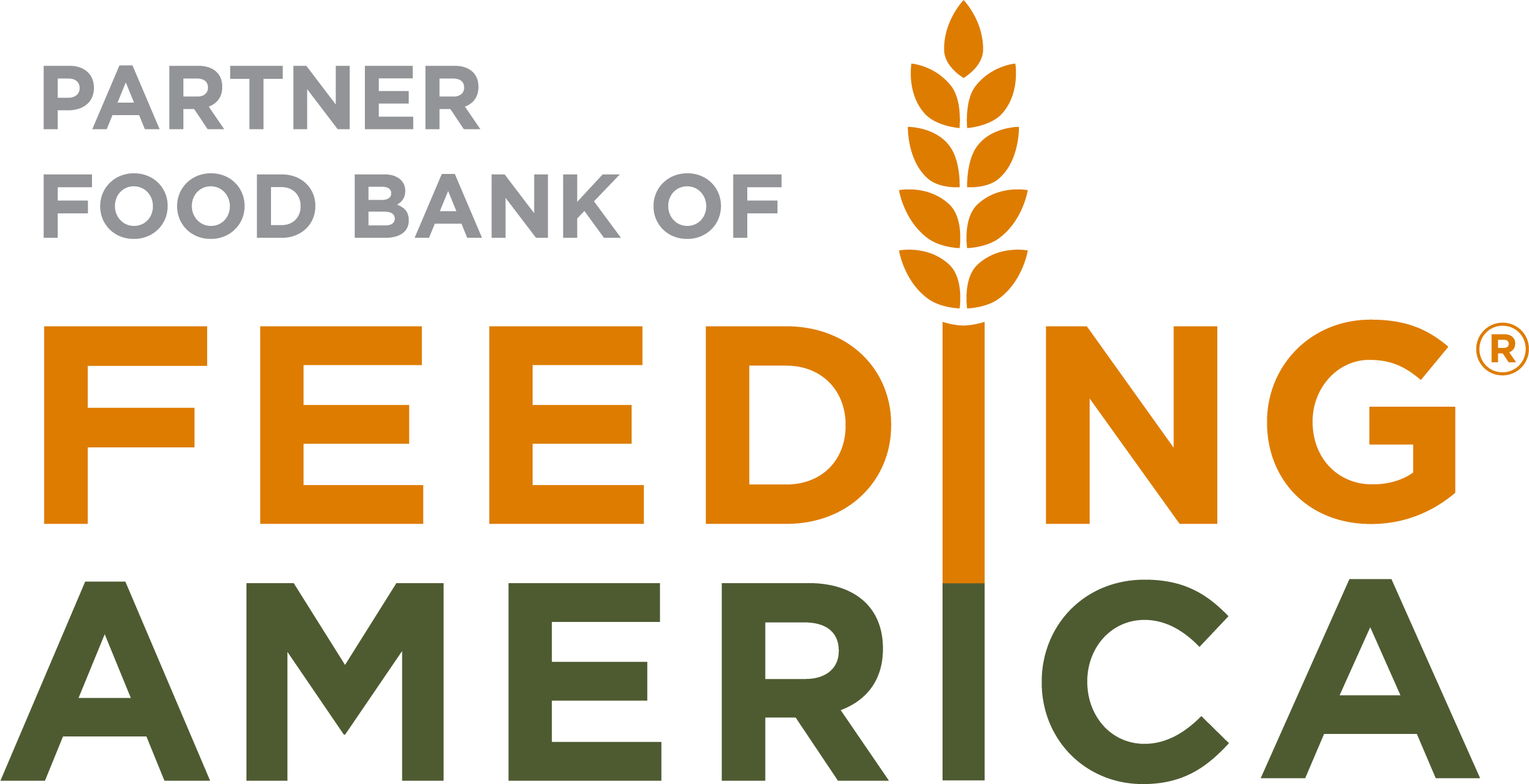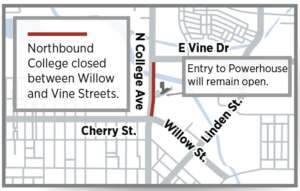If There is a Government Shutdown....
First, try not to worry. We’ve got you covered.
Members of Congress have until Friday, March 14, to pass legislation to fund the federal government or a temporary extension of current funding (a continuing resolution) to avoid a federal government shutdown on Saturday, March 15.
Coming on the heels of a new report showing the highest food insecurity rates in nearly a decade, a government shutdown will create hardship for more than 54,000 families, friends, and neighbors in Larimer County .
The impact of a shutdown will be felt well beyond the nation’s capital—Paycheck disruptions caused by a shutdown will make it harder for many people to access the food they need in the coming months. The negative economic impact will ripple throughout communities, affecting people and businesses who rely on the federal government or its employees and contractors as customers.
If a shutdown extends, it will disrupt critical anti-hunger programs like the Special Supplemental Nutrition Program for Women, Infants, and Children (WIC) and the Supplemental Nutrition Assistance Program (SNAP). If these programs are not funded, more than a half million people in Colorado will face additional challenges putting food on the table.
Currently, almost 88,000 Coloradans receive WIC.
Not only would a shutdown hit families in our community hard, it would also worsen the food supply changes we are facing.
We will do all we can to support our community, but our food and funds can only go so far. The Food Bank for Larimer County is urging Congress to avoid a shutdown so everyone has access to the food they need.
We encourage anyone who thinks they might be impacted by a government shutdown to find support from us.
FAQs (to be continually updated, as needed)
Will the Food Bank close?
We will not close. The Food Bank for Larimer County is a private nonprofit, not a government agency.
While we do depend on some federal funding to support programs, the Food Bank’s sources for food and funding are diverse.
What are the biggest impacts to food banks if the government shuts down?
Food banks will see an increased demand for support. Workers who might not have needed assistance before could be turning to food banks for assistance. This includes federal contractors, military and civilian federal employees, who could be faced with layoffs or missed paychecks.
Longer term, a shutdown could disrupt federal nutrition programs, like SNAP, WIC and TEFAP. This could be another factor that would drive an increase in demand for food banks, if these programs see funding disruptions. Those who use these benefits may need to lean on food banks for more support.
If the government shuts down, how could this have an impact on federal nutrition programs, like SNAP?
Through the month of March, SNAP and WIC services will continue uninterrupted. This fact is also true for child nutrition programs — which also have more flexibility because they’re based on a reimbursement schedule.
If the government shutdown extends beyond this time, more assessment will be needed to determine the impact.
TEFAP entitlement and CSFP food orders are made in advance, and orders placed and confirmed prior to the shutdown are expected to be delivered as expected. Administrative funds may be disrupted during a shutdown depending on the timeline and process each state has established, though these funds are expected to be provided retroactively.
I’m not a current client, but now I need support. Can I visit?
We believe people who need food, get food. Period.
If your job or life has been been impacted by this change, visit one of our pantries and you will be served.
How long will a shutdown last?
Previous government shutdowns have lasted anywhere from a few hours to 35 days, and we promise we’ll be prepared for the worst-case scenario.
We will stay abreast of the news and make updates to this page as we get them and have plans to communicate with you.
Where can I get more resources?
Please direct people to our government shutdown landing page, which will provide more detailed information.









